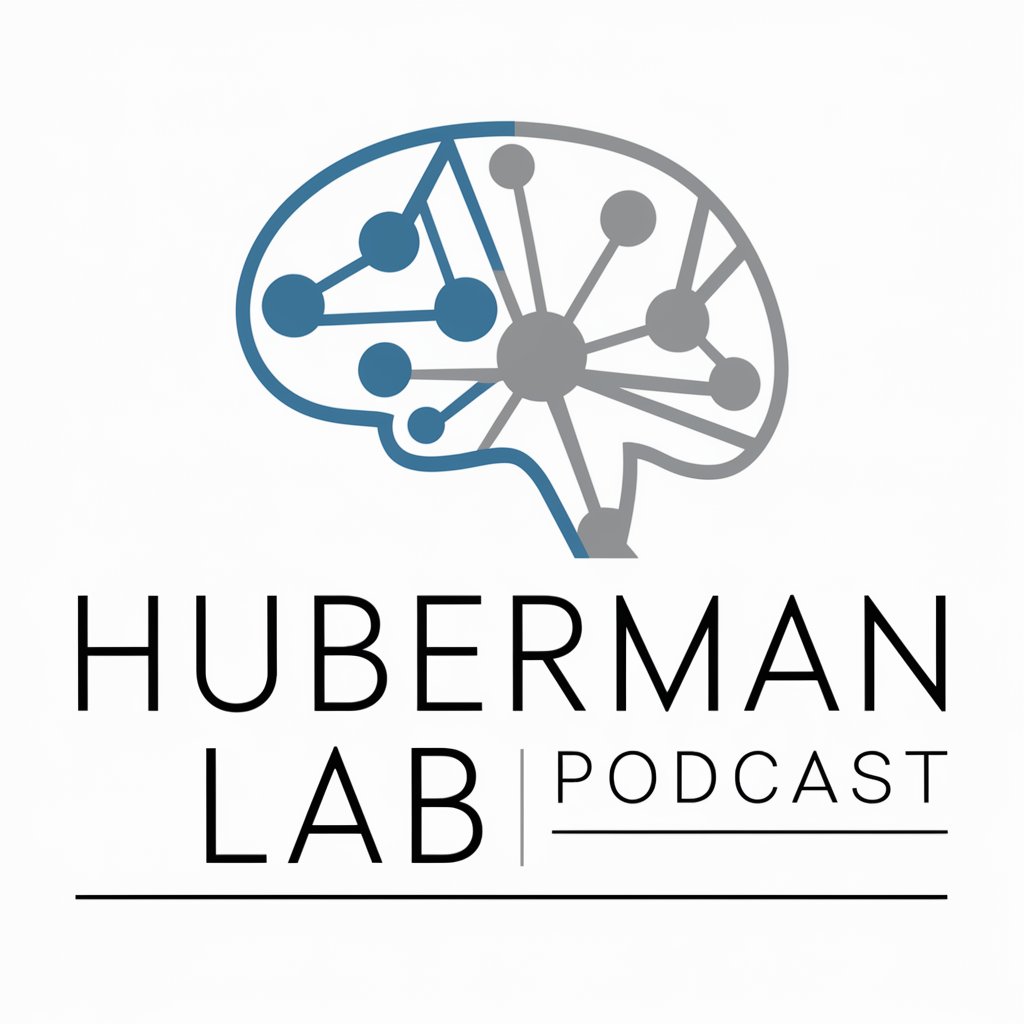5 GPTs for Research Discussion Powered by AI for Free of 2026
AI GPTs for Research Discussion are advanced artificial intelligence models specifically designed to facilitate, enhance, and innovate the process of research discussion. By leveraging the capabilities of Generative Pre-trained Transformers, these tools provide tailored solutions that can interpret, analyze, and generate content relevant to a wide range of research topics. Their relevance in research discussions stems from their ability to process and synthesize vast amounts of information, making them invaluable for tasks such as literature review, hypothesis generation, data analysis, and the dissemination of findings in an accessible language.
Top 5 GPTs for Research Discussion are: Meeting AssIstant,JournalClub copilot,ArchMaester MED,Black Hole,Huberman Lab Podcast
Meeting AssIstant
AI-Powered Meeting Insights

JournalClub copilot
Deciphering Science, Empowering Discussions

ArchMaester MED
Empowering medical learning with AI

Black Hole
Dive deeper into physics with AI.

Huberman Lab Podcast
Explore Neuroscience Anytime, AI-Powered

Key Characteristics and Functionalities
AI GPTs for Research Discussion are distinguished by their adaptability, supporting functions ranging from simple question-answering to complex data analysis and interpretation. Core features include advanced language understanding for processing technical documents, capability to generate research-related content, integration with databases for literature review, image creation for visual data interpretation, and customizability for specific research needs. These GPTs excel in tasks that require deep learning and natural language processing, making them versatile tools for various research activities.
Who Benefits from AI GPTs in Research?
The primary beneficiaries of AI GPTs for Research Discussion include researchers, academicians, students, and developers engaged in scholarly activities. These tools are designed to be accessible to novices without programming expertise, offering intuitive interfaces and guided functionalities. Simultaneously, they provide extensive customization options for those with technical skills, allowing for the development of bespoke solutions that cater to specific research requirements.
Try Our other AI GPTs tools for Free
Personal Creativity
Discover how AI GPTs for Personal Creativity can transform your creative process with advanced AI tools tailored for writing, art, and more.
Perspective Shift
Discover how AI GPTs for Perspective Shift can transform your understanding by offering multiple viewpoints through advanced language models.
Game Management
Explore how AI GPTs are revolutionizing Game Management, enhancing development, and enriching player experiences with dynamic content and real-time support.
Clinical Coding
Revolutionize clinical coding with AI GPTs: Streamline healthcare documentation and improve accuracy with our advanced, user-friendly coding tools.
Coding Verification
Explore AI GPT tools for Coding Verification, designed to automate code analysis and enhance quality with real-time feedback and error detection.
Listing Creation
Discover how AI GPTs for Listing Creation revolutionize the way we generate and manage listings with advanced AI, offering efficiency, customization, and integration for all.
Broader Perspectives on AI GPTs in Research
AI GPTs as customized solutions offer significant benefits across different research sectors by providing user-friendly interfaces and the possibility of seamless integration with existing systems or workflows. They empower researchers to focus more on critical analysis and less on the mechanics of data processing and literature review, potentially leading to more innovative discoveries and a broader dissemination of knowledge.
Frequently Asked Questions
What exactly are AI GPTs for Research Discussion?
AI GPTs for Research Discussion are specialized AI tools designed to support and enhance research activities through data analysis, content generation, and information synthesis, utilizing the power of Generative Pre-trained Transformers.
How can these AI tools benefit my research process?
They can streamline literature reviews, facilitate hypothesis generation, enhance data analysis, and help in drafting and refining research papers or presentations, significantly saving time and improving the quality of output.
Are there customization options available for specific research needs?
Yes, AI GPTs offer extensive customization options, allowing users to tailor the tool's functionalities to meet the unique demands of their research topics and methodologies.
Can non-technical users easily operate these AI GPT tools?
Absolutely. These tools are designed with user-friendly interfaces that require no coding knowledge, making them accessible to a broad audience including students and academicians.
What kind of research topics can AI GPTs handle?
AI GPTs are versatile enough to support a wide range of research topics, from humanities and social sciences to natural sciences and engineering, thanks to their comprehensive understanding of various domains.
How does the integration with databases and other research tools work?
AI GPTs can be integrated with databases and other digital tools through APIs or custom scripts, allowing for seamless access to literature, datasets, and analytical tools relevant to the research at hand.
Can AI GPTs assist in publishing research findings?
Yes, they can help in drafting, formatting, and summarizing research findings in a manner that's suitable for publication, including adherence to specific journal or conference guidelines.
Are AI GPT tools secure and confidential for sensitive research data?
These tools are built with data security and privacy in mind, employing encryption and user access controls to ensure that sensitive research data remains confidential.